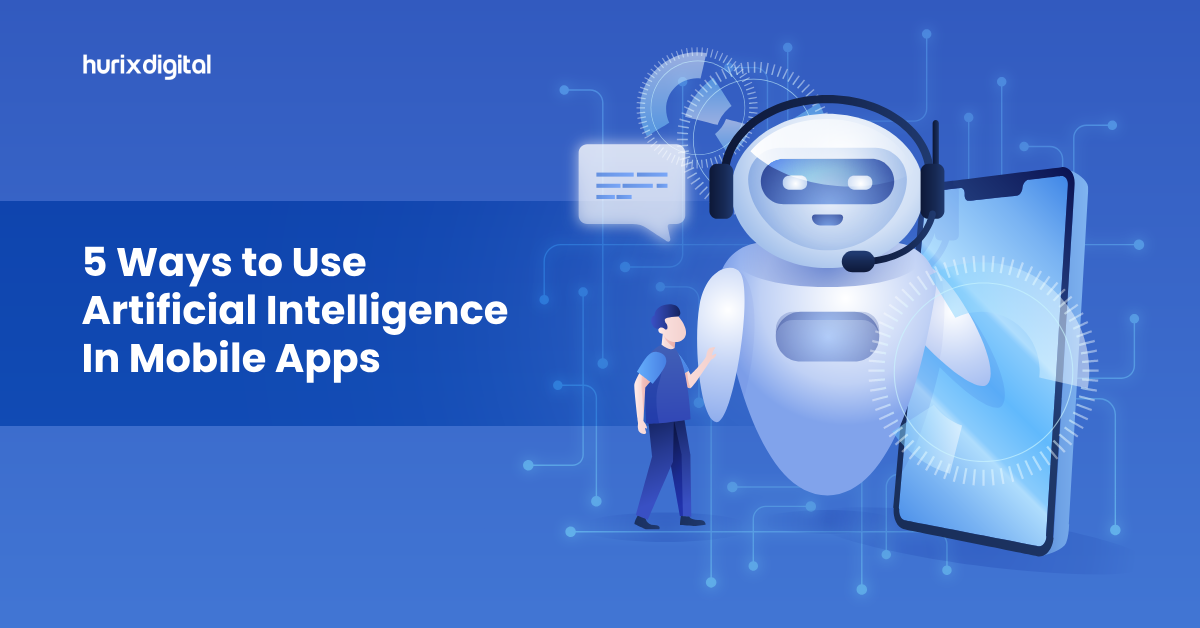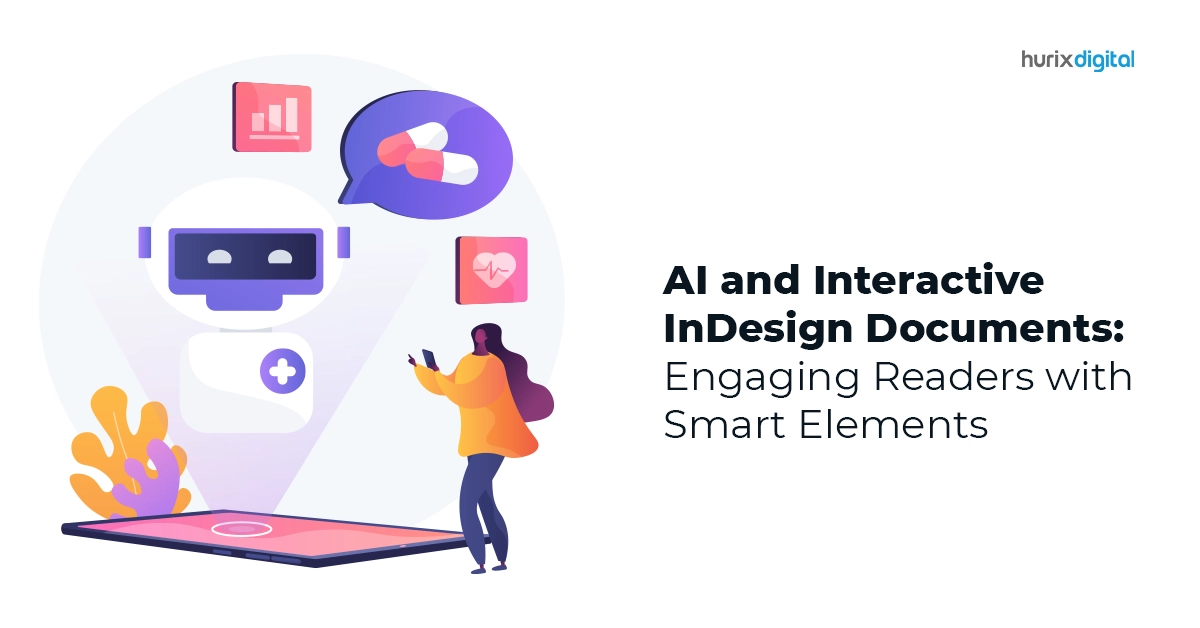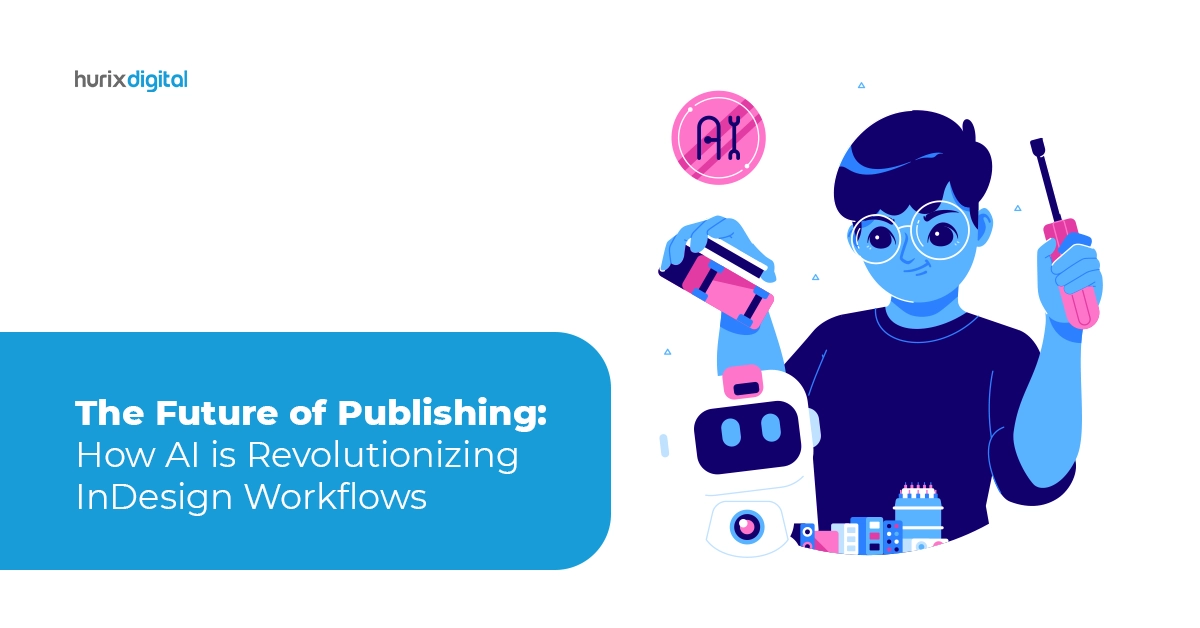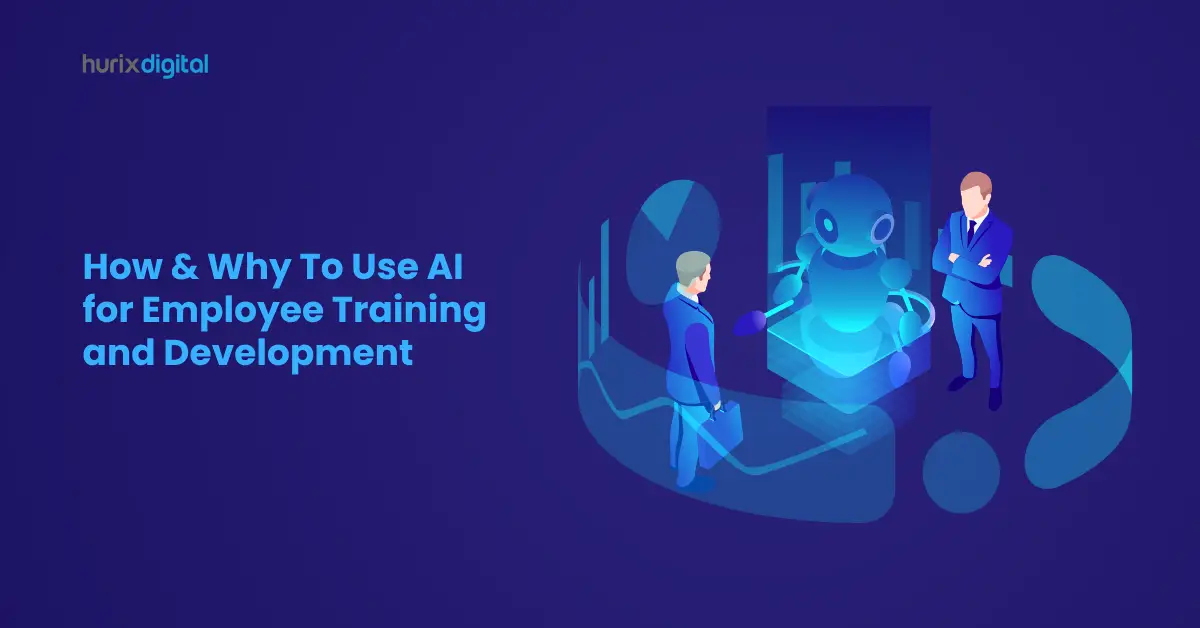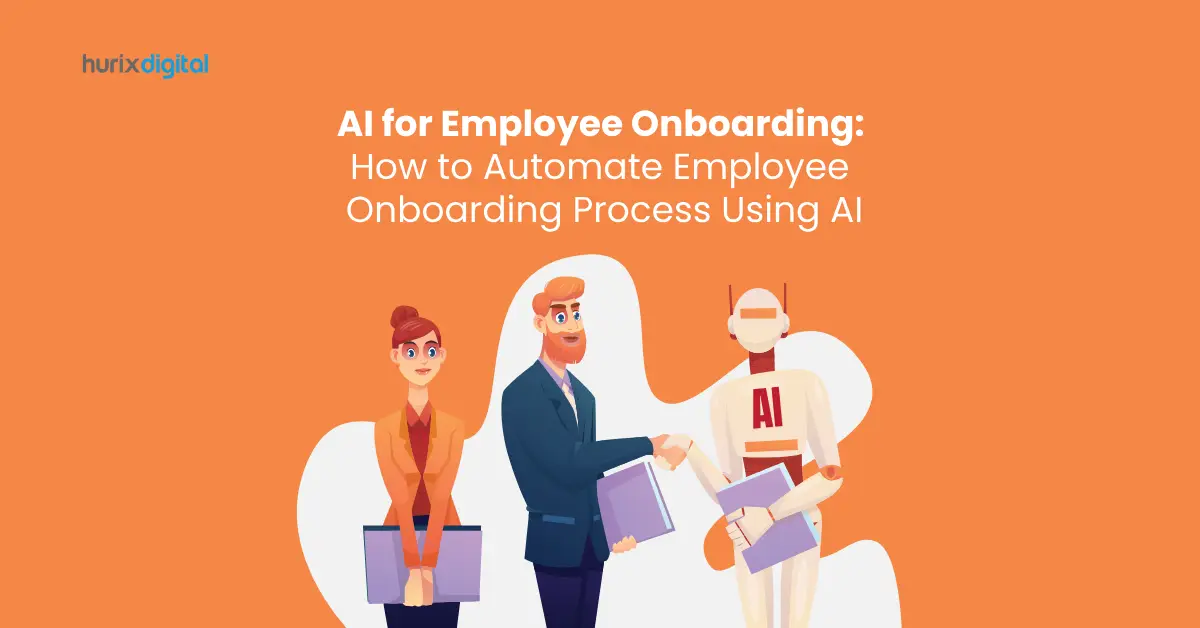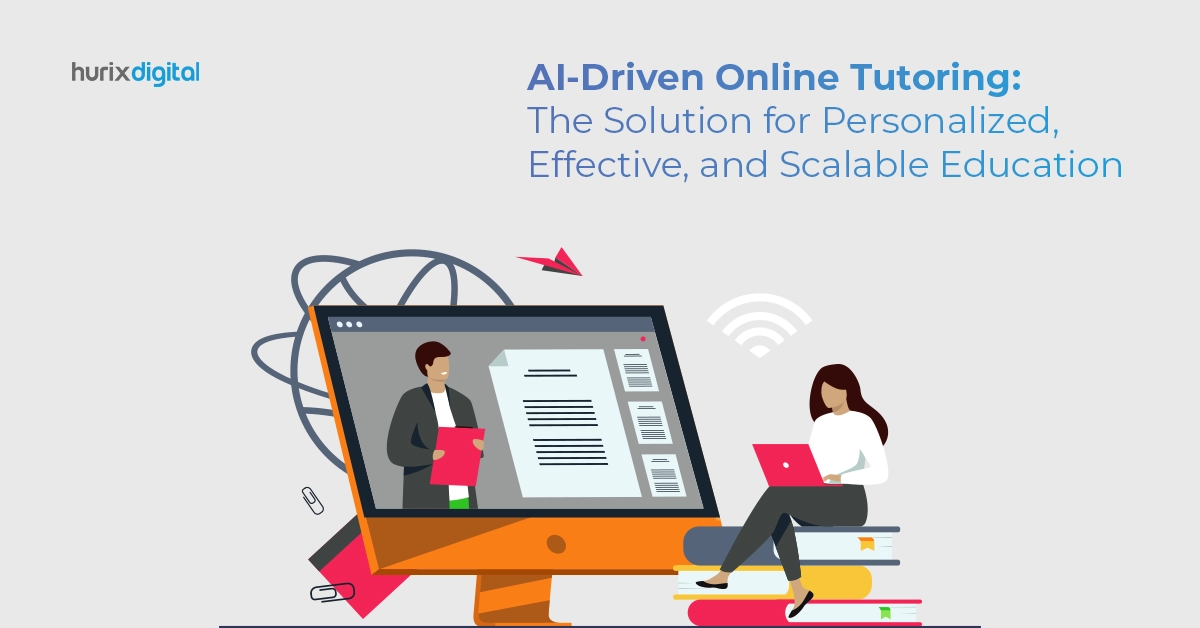Summary
This blog reviewed the five most innovative ways in which AI is paving its way into the mobile app development landscape.
Have you ever marveled at the seamless personalization of education and healthcare apps or found yourself engrossed in conversations with automated chatbots that seem almost human-like in their responses? If so, then you’re undoubtedly intrigued by the underlying technology that breathes life into these experiences- Artificial Intelligence (AI).
In a world where technology is evolving at an unprecedented pace, AI is transforming mobile applications in ways that were once thought to be purely futuristic.
Whether it’s personalized recommendations or intelligent virtual assistants, the possibilities of utilizing artificial intelligence in mobile apps are endless. This blog aims to review the five most innovative and effective ways to use AI technology to develop highly personalized and interactive mobile apps.
Table of Contents:
Innovative Ways to Use Artificial Intelligence in Mobile App Development
Artificial Intelligence is making significant inroads into mobile app development by transforming the way users interact with their devices and enhancing the capabilities of applications.
Following are the top five ways in which AI is paving its way into the mobile app development landscape:
1. Personalization and Recommendation Engines
Artificial Intelligence in mobile apps plays a pivotal role in enhancing user experiences through personalized content and recommendation engines. AI algorithms analyze user behavior within the app, including preferences, interactions, and historical data. By understanding individual user patterns, mobile apps can tailor content and recommendations to suit the user’s preferences.
A great example of this is e-commerce apps that utilize AI to analyze users’ purchase history, browsing behavior, and preferences to provide personalized product recommendations.
Similarly, streaming apps utilize AI in app development to analyze listening or viewing habits and recommend music, videos, or playlists that align with the user’s preferences. Recommender systems use machine learning algorithms to suggest products that align with the user’s tastes and needs.
Furthermore, AI-backed recommendation engines power personalized push notifications, delivering relevant updates, promotions, or alerts based on user preferences and behavior. Personalized notifications increase the chances of user interaction and app retention.
Also Read: 7 Roles of Artificial Intelligence in Learning and Development
2. AI in Cross-Platform App Development
AI is a game-changer in cross-platform mobile development as it streamlines the entire process and improves user experiences. With machine learning-based code generators, AI simplifies the development cycle by automating code generation and optimization and significantly reducing time for cross-platform app development.
Secondly, predictive analytics and natural language processing (NLP) powered by AI enable personalized experiences. This includes adapting the app’s interface and features to user preferences across platforms.
Furthermore, AI-driven tools facilitate compatibility testing and ensure a smooth user experience on different devices. Dynamic user interface adaptation tailors visuals to various screen sizes, while AI aids in cross-platform communication and synchronization.
Lastly, security measures are strengthened through AI as it detects and responds to threats in real time based on user behavior patterns. Moreover, automated updates and maintenance ensure the seamless deployment of features and security patches across diverse platforms.
3. Image and Video Recognition
AI technology is reforming image and video recognition in mobile apps, bringing about significant advancements in various industries. AI algorithms are often based on convolutional neural networks, which can detect and classify objects within images or video frames.
Mobile apps utilize these algorithms to identify and label objects and enable functionalities such as augmented reality, product recognition, and content categorization.
In addition to this, AI-powered facial recognition technology is employed in mobile apps for user authentication, security, and personalized experiences. Mobile devices can use facial recognition to unlock the device, and apps can utilize this technology for user verification.
One of the many applications of using AI in app development is that AI algorithms can interpret gestures captured through images or video frames, enabling users to interact with mobile apps through hand movements. This technology finds applications in gaming, virtual reality, and user interface design.
4. Chatbots and Virtual Assistants
AI technology is bringing forth a new era of intelligent and interactive user experiences with chatbots.
NLP allows virtual assistants to interpret user input in a manner that depicts natural conversations. Intent recognition further refines user interactions by enabling chatbots to discern the purpose behind user messages for more accurate responses.
Lastly, context awareness enables them to maintain continuity in conversations by understanding the user’s past interactions and responses, creating a more cohesive experience.
Beyond text-based interactions, AI extends the capabilities of chatbots and virtual assistants into the world of voice recognition, supporting voice commands and enhancing accessibility through hands-free interactions. Task automation is another facet that enables these intelligent assistants to automate routine tasks like setting reminders or fetching real-time information.
Finally, with the evolvement of AI applications in mobile, the security of such virtual assistants is enhanced through biometric authentication and voice recognition which ensure a secure and personalized experience for users engaging with chatbots and virtual assistants in mobile apps.
5. Biometric Authentication
Biometric authentication, powered by AI, is transforming the security paradigm of mobile apps by implementing methods such as facial recognition, fingerprint scans, and iris authentication. These biometric techniques offer solid and secure means of verifying user identities, significantly reducing the risk of unauthorized access to mobile devices and apps.
Furthermore, AI’s expertise in behavioral biometrics further elevates mobile app security by creating unique user profiles based on individual behavior patterns. From typing speed to touch gestures, this approach adds a layer of authentication. It ensures that even if traditional credentials are compromised, the behavioral biometric signature acts as a personalized safeguard.
The incorporation of secure data encryption, real-time monitoring, and response mechanisms further cements the role of AI in mobile app security. Through these multifaceted approaches, AI empowers developers to create more resilient and adaptive security measures to ensure the integrity of sensitive user data in mobile apps.
Also Read: The Role of AI and Machine Learning in Modern Mobile App Development Solutions
Wrapping Up
The future of AI in mobile app development is exceptionally promising. With advancements in NLP, increased automation, enhanced security measures, and the integration of innovative features, AI continues to be a driving force in creating personalized, efficient, and secure mobile applications.
Transform your EdTech vision into reality with Hurix Digital’s mobile app development services. Elevate your educational offerings, engage learners, and stay ahead in the dynamic EdTech landscape with personalized and highly interactive mobile applications.
Contact us today to learn more about our services!


